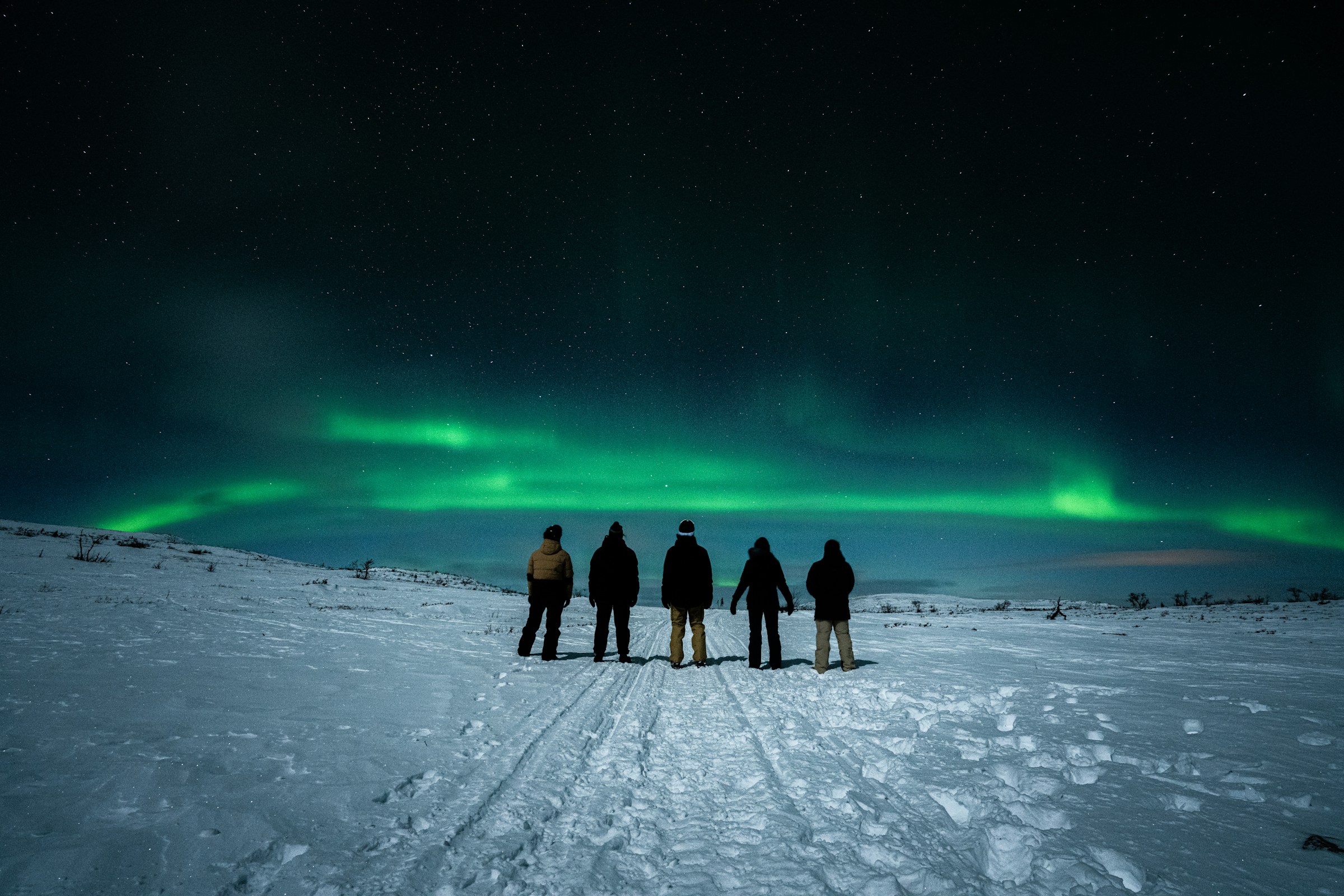The Arctic Institute's Knowledge Production in the Arctic Series 2025: An Introduction

The production of Arctic knowledge requires a negotiation between different forms of knowledge. Photo: Tom Öhlin
The Arctic Institute Knowledge Production Series 2025
The production of knowledge in and about the Arctic is inherently contested. While some work has explored the role of experts in East-West diplomacy, other publications have acknowledged the importance of Indigenous knowledge systems and situated expertise. But what should be considered expertise and how should we mediate between different forms of knowledge that all have an important role to play in a nuanced conception of what the Arctic is?
The Arctic region is home to a variety of different knowledge-production processes, from the vast array of Arctic conferences to key Arctic universities and think tanks, and the tight-knit community of Arctic experts that have described themselves as a ‘family.’ So too is the integration of expert knowledge into regional governance processes deeply embedded in structural conditions that influence how the Arctic is narrated. The centrality of Indigenous People and their perspectives in an Arctic context is also a key element of this puzzle and there are clear limitations of Western knowledge production in an Arctic context if Indigenous perspectives are not equitably included.
The Arctic Institute’s Knowledge Production in the Arctic Series 2025 begins with articles that interrogate questions of legitimacy in Arctic knowledge production. For example, how can we understand legitimacy in science activism in a German case? Similarly, what is the role of regional media outlets in producing knowledge on the war in Ukraine for the Russian Arctic? Who counts as a legitimate expert on Greenland?
Jacqueline Götze, Svenja Holste, and Charlotte Gehrke’s piece opens our Series, in which they explore different aspects of legitimacy building in German polar research contributions to the International Polar Years from 1882 to 2032. They offer an initial framework for understanding legitimacy in science activism by polar researchers in Germany through three expressions of legitimacy: 1) polar science as climate change research, 2) legitimacy through science communication, and 3) legitimacy via informing policy. Viesturs Bērziņš’s piece follows, contributing to the series with an analysis of how regional Russian Arctic outlets are covering the war in Ukraine. He suggests that the knowledge produced by these Russian media outlets serves a strategic purpose. Articles about Ukraine are published relatively often, in essence bringing the war home to those living in the Russian Arctic and the war is characterized in a manner that creates a sense of urgency for locals to support the Russian state. Gabriella Gricius’s piece asks – in the context of the media frenzy around Greenland – who can be considered an expert on Greenland? She suggests that there is a vast diversity of experts that media news outlets reach out to for comment, illustrating that Arctic matters require expertise from a variety of different actors and types of knowledge.
Our Series then turns to Indigenous Knowledge (IK) – a central facet of Arctic knowledge production. While some of our contributors offer insights into the increasingly important role of IK in co-management practices in the North American Arctic, others share recommendations and personal experiences that highlight the importance of IK for the region. Barry Zellen begins this portion of the Series, and describes how Indigenous Knowledge has become increasingly incorporated into co-management practices in the Arctic. He traces how Indigenous Knowledge first was marginalized and then re-empowered from the early colonial era to the modern era, looking specifically at the reform of Indigenous land claims in the North American Arctic. Brynjar Andersen Saus, a participant of the 2023 Arctic Policy Hackathon in Reykjavik, finally offers concrete policy recommendations for how to keep the next generation of leaders in Arctic communities. His article offers a series of recommendations centered on three themes: 1) culture and community, 2) sustainable development, and 3) holistic wellness which collectively emphasize the importance of youth, Indigenous, and local expertise.
Our series ends with a reflection on knowledge production hierarchies in the Arctic. Eda Aydayin uses the metaphor of Sisphyus to examine how the Arctic Council’s process of assessing non-Arctic states’ observer applications shows a monopoly of knowledge production in the Arctic. She uses a framework of geo-epistemology to argue that geopolitical conditions are still at the forefront of knowledge production in the Council, rather than scientific or environmental factors.
Across this series, we aim to demonstrate the contestation inherent when one speaks of Arctic knowledge production. Whose knowledge is considered expertise? How do we measure the legitimacy of knowledge? And how can Arctic experts incorporate IK into governance practices in the Arctic while also deferring to Indigenous practices and sovereignty? Such discussions are iterative and certainly cannot be answered through just these articles, but we hope that the series has sparked an interest in thinking with nuance about the role of knowledge production in the Arctic.
Gabriella Gricius is a Senior Fellow at The Arctic Institute, and Trym Eiterjord is a Research Associate at The Arctic Institute.